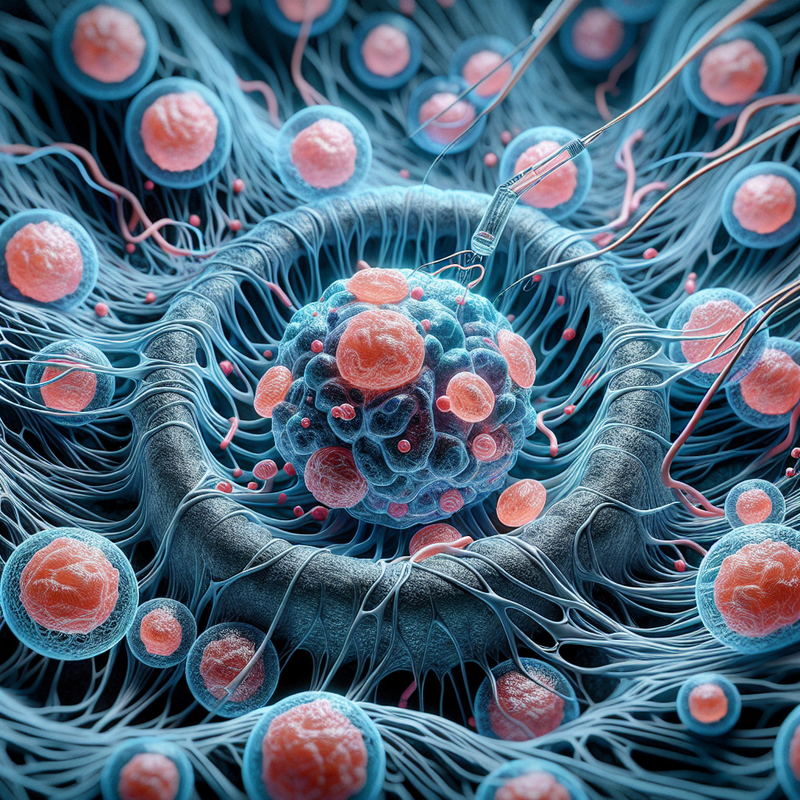A collaborative team of global researchers led by Duke-NUS Medical School has achieved a milestone in the field of stem cell science, potentially altering the therapeutic landscape for neurodegenerative disorders like Alzheimer’s and Parkinson’s.
Their ground-breaking research has unlocked a method for stimulating inactive neural stem cells in the brain, a vital advance for repairing and regenerating brain tissue.
Neural stem cells are responsible for producing the brain’s principal active cells and usually enter a dormant state to conserve energy until they are required, such as in response to injury or during strenuous physical activity.
Stem Cell Activation through SUMOylation Process
Published in Nature Communications, the researchers have divulged the crucial role of a set of proteins in reactivating these latent neural stem cells via a mechanism known as SUMOylation. This process involves the attachment of a small protein, SUMO (small ubiquitin-like modifier), to other cell proteins, altering their behavior or functionality. SUMOylation is critical for motivating neural stem cells to come out of dormancy, proliferate, and generate new neurons that are essential for healthy brain activity.
Lacking these SUMO proteins can lead to dire consequences. When studying fruit flies absent of these proteins, the researchers found evidence of a condition similar to microcephaly, with the flies exhibiting notably small brains, confirming the significant role of SUMO in brain evolution.
Dr. Gao Yang, Duke-NUS’s first author of the study, highlighted, “For the first time, we’ve shown that the SUMO protein group is indeed consequential in the reawakening of neural stem cells and their contribution to brain development.” He further mentioned that in the absence of these proteins, the processes underlying normal neural development are disrupted.
In addition, the research demonstrated the effect SUMOylation has on the Hippo signalling pathway, a crucial regulator for cell proliferation and neural stem cell reactivation. Through SUMOylation, a key protein within this pathway, Warts, normally known for limiting cell growth, becomes inhibited, allowing for the expansion and division of neural stem cells.
Professor Wang Hongyan, the study’s lead investigator, conveyed the significance of the findings for human health, given the conservation of SUMO proteins and the Hippo pathway across biological species.
Professor Patrick Tan from Duke-NUS also reflected on the implications of the study for developing novel regenerative treatments for neurodegenerative disorders and conditions such as microcephaly, stating, “With ongoing research, we are making strides towards discovering innovative treatments that could vastly enhance the lives of those affected by these conditions.”
Innovations and Future Developments
This breakthrough sets the stage for new modalities in repairing brain injuries and formulating therapies for neurodegenerative illnesses. The research group is actively building on their discoveries with the aim of transitioning their findings into tangible clinical treatments.







